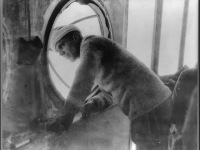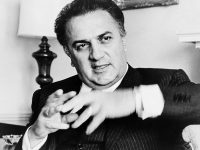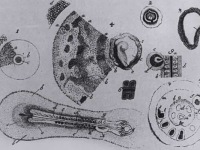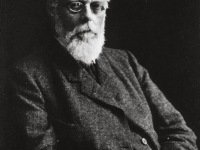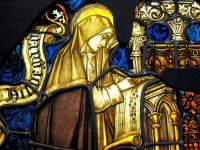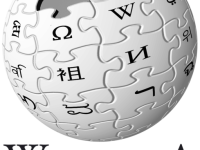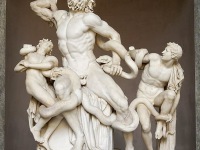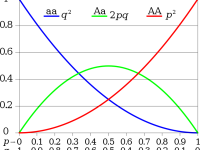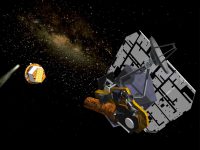Umberto Nobile and his Airships
On January 21, 1885, Italian aeronautical engineer and Arctic explorer Umberto Nobile was born. He was a developer and promoter of semi-rigid airships during the Golden Age of Aviation. Nobile is primarily remembered for designing and piloting the airship Norge, which may have been the first aircraft to reach the North Pole. Early Years Born in Lauro, southern Italy, the son of Vincenzo Nicolò Francesco Nobile delle Piane, descendant of a cadet…
Read more

